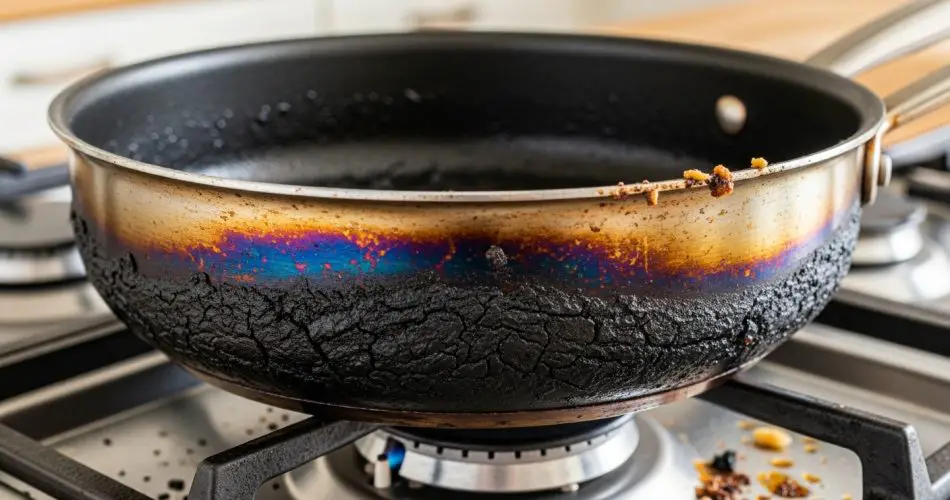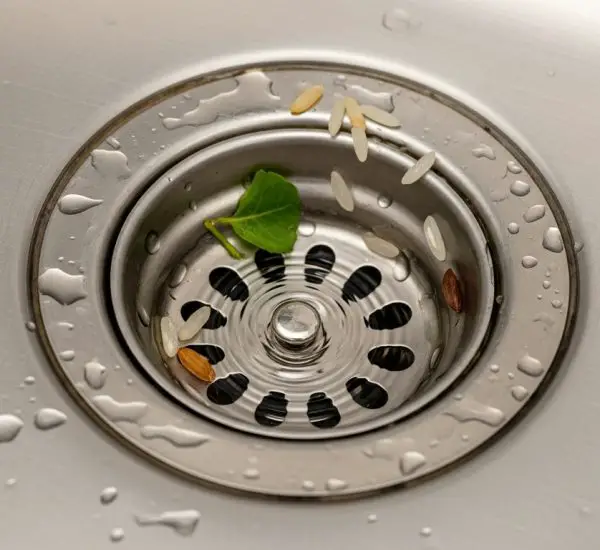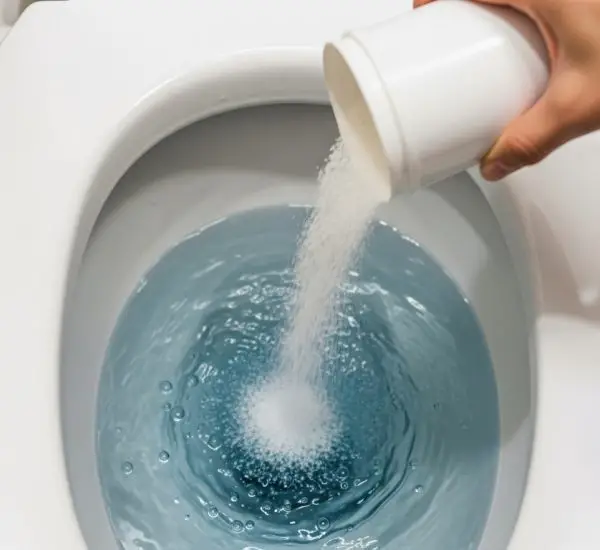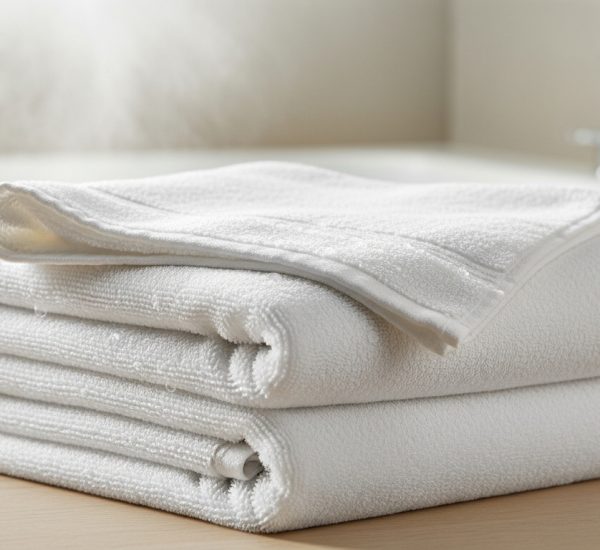Burnt and encrusted pans can turn even the most peaceful cooking experience into a frustrating cleaning nightmare. Stubborn, baked-on food residues seem impossible to remove, especially without scratching the surface or spending hours scrubbing. Fortunately, there are several effective and natural tricks that can make your pans look new again in no time — without harsh chemicals or excessive effort.
Why Pans Get Encrusted
Cooking at high temperatures, especially when oil or sauces are involved, often leads to food sticking to the bottom and sides of pans. If the pan is left soaking for too long or cleaned improperly, the residue can harden and form a blackened crust. Over time, this buildup not only affects appearance but can also alter the flavor of future meals. The good news is that you can restore your cookware’s shine using common household items like baking soda, vinegar, lemon, salt, potatoes, and even toothpaste.
Baking Soda and White Vinegar
This combination is a classic and powerful natural cleaner for tackling tough grime on pans. Baking soda acts as a mild abrasive and deodorizer, while vinegar’s acidity helps dissolve burnt food and grease.
What you’ll need:
- ½ cup of white vinegar
- 1 cup of water
- 2 tablespoons of baking soda
How to clean the pan:
- Pour the white vinegar into the encrusted pan.
- Add the water and bring the mixture to a boil.
- Once boiling, turn off the heat and add the baking soda. The mixture will fizz — this is a good sign.
- Let it sit for a few minutes so the effervescent action loosens the residue.
- Scrub gently with a non-abrasive sponge to remove the burnt particles.
- If any stains remain, sprinkle a bit of dry baking soda directly onto the surface and scrub again.
This simple reaction between vinegar and baking soda effectively breaks down stubborn layers of burnt food, leaving your pan smooth and clean.
Baking Soda and Lemon
Lemon adds an extra level of cleaning power and a pleasant, natural scent. Its citric acid helps lift grease while the baking soda enhances scrubbing without scratching the surface.
You’ll need:
- 2 tablespoons of baking soda
- ½ lemon
Steps:
- Sprinkle the baking soda generously over the dirty surface.
- Use the lemon half as a scrubbing tool, pressing slightly and rubbing in circular motions.
- The citric acid and baking soda will work together to dissolve the residue.
- Rinse thoroughly with warm water and dry.
If the stains are particularly stubborn, heat a little vinegar in the pan and repeat the process. The combination of heat and acid will make even the toughest grime come off with ease.
Salt and Potato
This method might sound unusual, but it’s remarkably effective — and 100% natural. The coarse salt acts as a gentle abrasive, while the potato’s natural starch helps lift grime without damaging non-stick coatings.
What you’ll need:
- 1 potato
- Coarse salt
- A few drops of olive oil (optional)
How to clean:
- Cut the potato in half and rinse the pan to remove loose debris.
- Sprinkle a generous amount of coarse salt over the dirty area.
- Use the cut side of the potato to scrub the pan in circular motions for several minutes.
- Rinse with warm water and dry with a clean cloth.
- To protect the surface afterward, you can rub a teaspoon of olive oil over it before storing.
This method not only removes encrusted food but also helps maintain the integrity of the pan’s coating. Avoid using abrasive scouring pads or harsh chemicals, as these can permanently damage the surface.
Toothpaste Trick for Burnt Pans
Toothpaste isn’t just for keeping your smile bright — it’s surprisingly useful as a mild cleaner for a variety of surfaces, including burnt pans. It contains gentle abrasives and cleaning agents that help lift tough residues without scratching.
Here’s how to do it:
- Apply a small amount of regular toothpaste (not gel) to the center of the burnt area.
- Use a damp sponge or soft cloth to scrub in circular motions.
- Let it sit for a few minutes, then rinse thoroughly under warm water.
You’ll be amazed at how easily the blackened spots fade. This method is especially handy for stainless steel or aluminum pans, as toothpaste helps restore their natural shine.
Additional Tips for Preventing Encrusted Pans
- Avoid overheating: High flames can cause oils and sauces to burn quickly. Use medium heat for even cooking.
- Soak immediately: If food sticks, fill the pan with warm water right after cooking to prevent hardening.
- Use wooden or silicone utensils: These help avoid scratches that can trap food residues.
- Season cast iron pans: Regularly oiling and heating cast iron cookware prevents food from sticking.
Final Thoughts
Cleaning burnt and encrusted pans doesn’t have to be a dreaded chore. With simple household ingredients like vinegar, baking soda, lemon, salt, or even toothpaste, you can remove stubborn grime safely and effectively. These natural solutions not only restore your pans’ shine but also reduce the need for harsh, chemical-based products that can harm both your health and the environment.
The next time you’re faced with a burnt pan, skip the elbow grease and reach for one of these natural remedies — your cookware (and your hands) will thank you.



